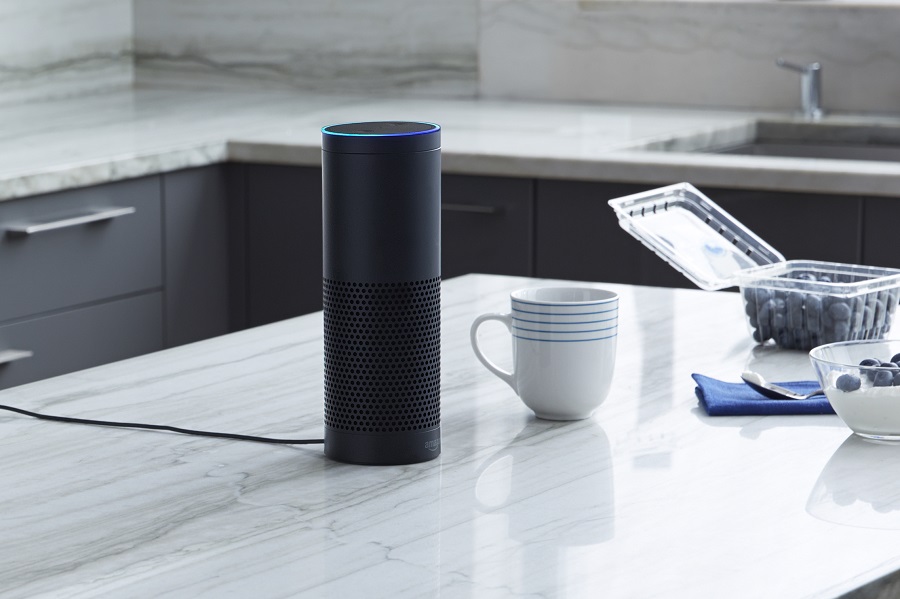More devices and easier integration unlock new possibilities for South Florida smart homes
There’s no denying the growing influence of voice-controlled devices. With new ways to link devices and more tools with voice capability, this technology is becoming more and more common in our lives. Now that voice control is becoming so popular and so many new systems on the market, we thought it would be worthwhile to recap the year in voice-controlled home automation, and what lies ahead in 2020. Here’s what you need to know to make sure you have the ideal system for your Fort Lauderdale home.
SEE ALSO: 5 Steps to Help You Get More from Your Smart Home
THIS YEAR- MORE DEVICES, NEW WAYS TO INTEGRATE THEM
Consumers bought around 35 million smart speakers in 2019 in the United States, and about 112 million people in the U.S. used a voice assistant at least monthly. As more people buy voice-controlled devices, manufacturers will have more incentives to bring voice control to a broader array of products. Amazon is already rumored to be working on a bigger version of the Echo speaker, for instance.
This trend is echoed by the release of new ways to integrate voice control into home automation systems, namely Josh.ai. The software in a Josh.ai system can be easily integrated with Control4 and Crestron control systems, extending voice control to a whole host of new devices.
THE FUTURE- EVEN GREATER INTEGRATION, PRIVACY CONCERNS
With the increasing number of smart devices in homes and more people using voice assistants, we’ll likely see new ways to add voice capabilities to even more devices, along with new ways to use voice control. Currently, most smart speaker users use them to control things like their lights or home theater. But as technology advances, we may see things like more kitchen appliances with voice control.
While smart speakers have seen tremendous growth, there are still some worries about the data manufacturers collect from these devices. It’s possible, even likely that advertising will be coming to smart speakers, and the data companies like Amazon and Google have on their customers could be a gold mine for advertisers. There’s also continued skepticism about how well these companies protect their customers’ data. Some reports have emerged of Alexa sending out confidential or embarrassing information to the wrong recipients because of a voice command slip-up, to say nothing of the danger from hackers. If smart speaker brands want to reach the broadest audience possible, they’ll have to work to win the trust of a wary market.
Are you interested in adding voice-controlled home automation to your home? Call IQ Automation today at (305) 910-2890 for a free consultation. You can also visit our contact page or chat with a customer service associate below.

